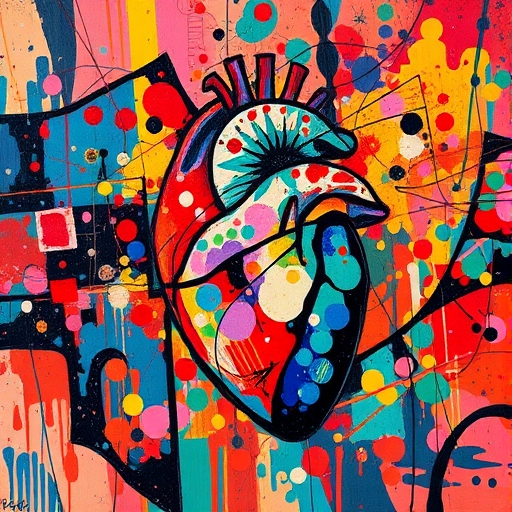Unveiling the genetic aetiology of non-genetic dilated cardiomyopathy

All claims expressed in this article are solely those of the authors and do not necessarily represent those of their affiliated organizations, or those of the publisher, the editors and the reviewers. Any product that may be evaluated in this article or claim that may be made by its manufacturer is not guaranteed or endorsed by the publisher.
Authors
Background: Dilated cardiomyopathy (DCM) is defined by the presence of left ventricular dilation and systolic dysfunction in the absence of coronary artery disease or abnormal loading conditions sufficient to cause global systolic impairment. While this condition has been traditionally classified as genetic and non-genetic, there is increasing evidence that the individual genetic background may eventually increase the susceptibility or act as disease modifier in the presence of an external cause for myocardial dilation and dysfunction.
Methods: A comprehensive literature search was conducted to identify studies describing cohorts of patients with peripartum cardiomyopathy, alcoholic cardiomyopathy, chemotherapy-induced cardiomyopathy, myocarditis, and DCM associated with systemic immune-mediated diseases who systematically underwent genetic testing.
Results: The studies identified showed a high proportion of pathogenic variants in genes associated with cardiomyopathy among patients affected with these conditions. These findings support the emerging 'two-hit' hypothesis, in which the cumulative impact of genetic and environmental risk factors increases the likelihood of developing the disease phenotype.
Conclusions: This perspective summarizes the available data on the role of genetics in predisposing individuals to conditions that lead to a DCM phenotype, which were previously considered to be acquired or environmental.
Institute of Cardiovascular Science, University College London, UK
How to Cite

This work is licensed under a Creative Commons Attribution-NonCommercial 4.0 International License.
PAGEPress has chosen to apply the Creative Commons Attribution NonCommercial 4.0 International License (CC BY-NC 4.0) to all manuscripts to be published.








